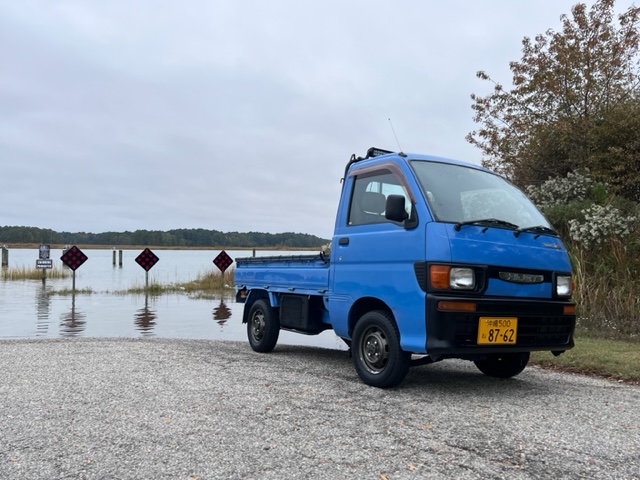Introduction
 Japan has been one of the leading countries in the automotive industry, producing high-quality cars that have dominated the U.S. auto market for many years. The demand for Japanese cars is driven by their dependability, modern design, and fuel efficiency, making them an attractive choice for consumers. However, the process of importing these cars from Japan to the U.S. can be complex and requires a number of specific steps to be taken.
Japan has been one of the leading countries in the automotive industry, producing high-quality cars that have dominated the U.S. auto market for many years. The demand for Japanese cars is driven by their dependability, modern design, and fuel efficiency, making them an attractive choice for consumers. However, the process of importing these cars from Japan to the U.S. can be complex and requires a number of specific steps to be taken.
To begin with, it is important to note that imported vehicles must conform to the Department of Transportation (DOT) and Environmental Protection Agency (EPA) standards in order to be legally imported into the U.S. This means that before importing a car from Japan, you must ensure that it meets these requirements. This involves verifying that the vehicle is in compliance with U.S. safety and emissions standards, as well as checking for any potential safety recalls.
Once you have confirmed that the car meets the necessary standards, the next step is to identify your responsibilities for the shipment and import of the vehicle. This includes coordinating the transportation details, obtaining insurance coverage, and paying all applicable fees and taxes. It is also important to work with a reliable and experienced freight forwarder who can assist with the logistics of the shipping process.
Before the car can be imported into the U.S., you will need to obtain and fill out the required documentation, which includes the Bill of Lading, Import Declaration, and Customs Form 7501. These documents must be completed accurately and submitted to U.S. Customs and Border Protection (CBP) upon entry. It is important to note that any errors or omissions in the documentation can result in delays or even the seizure of the vehicle.
To successfully navigate the process of importing cars from Japan to the U.S., it is essential to follow each step carefully.
Warning
The information presented on this website has been gathered from our own experience, extensive research and industry experts. It is important to note that different ports and CBP offices may have their own unique procedures and policies, so it is essential to do your own due diligence and research before proceeding with your importation . Keiwiki.com cannot be held responsible for any issues that may arise during the importation process, the information provided has helped many people successfully import their own vehicles. This information is subject to change at anytime.